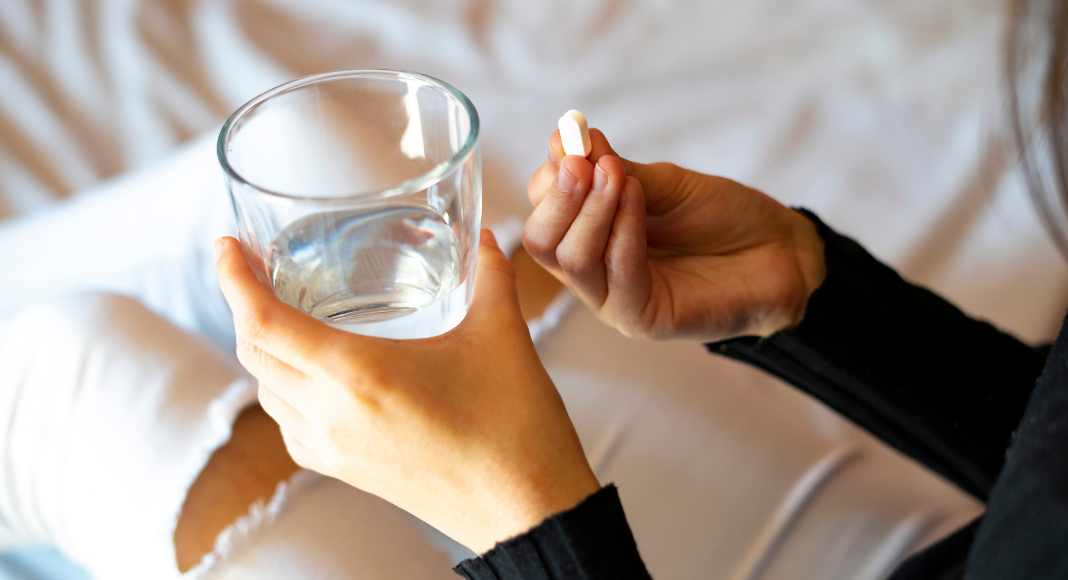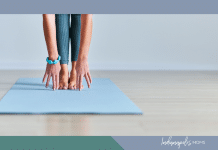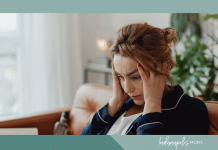 I’m a better mom when I’m medicated. That’s the ugly truth. I don’t like it, but we don’t always get what we like. It’s taken me a long time to come to peace with my truth: I’m a better mom when I’m medicated. Like many Americans, I feel overwhelming pressure to succeed in several facets of my life. I know I’m not alone. A 2012 article in The Atlantic noted, “people in developing-world countries such as Nigeria are up to five times less likely to show clinically significant anxiety levels than Americans, despite having more basic life necessities to worry about.” Unsurprisingly, the article concluded: Americans have an anxiety problem.
I’m a better mom when I’m medicated. That’s the ugly truth. I don’t like it, but we don’t always get what we like. It’s taken me a long time to come to peace with my truth: I’m a better mom when I’m medicated. Like many Americans, I feel overwhelming pressure to succeed in several facets of my life. I know I’m not alone. A 2012 article in The Atlantic noted, “people in developing-world countries such as Nigeria are up to five times less likely to show clinically significant anxiety levels than Americans, despite having more basic life necessities to worry about.” Unsurprisingly, the article concluded: Americans have an anxiety problem.
For as long as I can remember, I have been anxious. My go-to control method is to keep it all pent up, convincing myself it’s ok. This works until it doesn’t, and then there’s a pattern of an outsized reaction, leaving a confused (and often hurt) bystander, usually family, in its wake. There’s a history of this in my family. Push down anxiety and pent-up emotions, insist everything is fine, and then lose it. In short, I’ve learned from some of the best. This is not to say I had a bad childhood. I have been so incredibly blessed in my life. I have a family who I love and have a great relationship with. Growing up, I had a stable, supportive, and safe home where all of my needs were (and still are) met. It’s just that I, despite my best efforts, need help regulating my emotions and anxiety.
It turns out I’m not alone in this. According to the ADAA, over 40 million Americans suffer from an anxiety disorder every year. Some of my earliest memories include trying to catch up to my peers after an undiagnosed eye-tracking problem left me behind in school. I can vividly recall the tightness in my chest, the shallow breathing, and constant concern and embarrassment that could spiral into crippling anxiety.
It wasn’t until I finally started medication after the birth of my second child, after suffering silently with severe Postpartum Depression with my first that I was able to look back on my childhood, adolescence, and early adulthood and realize the full impact of anxiety had been having on my life. To the casual observer, I appeared fine. My ability to successfully navigate sports, friendships, jobs, and other public engagements masked the inner war I fought in my head nearly daily. The lack of energy, the total fear of doing something new, the inability to sleep, the explosions of anger, my overwhelming obsession with doing everything to perfection, and so much more all made sense through this new perspective.
Both general and panic anxiety disorders disproportionately impact women. In fact, women are twice as likely to suffer from those disorders as men. While these are highly treatable, less than 40% of those who grapple with an anxiety disorder receive treatment such as counseling and/or medication. I would have experienced a much easier path if I’d just accepted that I needed medication to help me be my best self. Instead, a years-long process followed of going off medication to see if I could handle it on my own. Inevitably, my old tendencies would return despite my best attempts. My husband could soon conclude that my shortness, lack of patience, and seemingly inexplicable anger meant I was once again trying to prove to myself I could handle it on my own.
I have finally come to accept that I am a person that needs medication. It makes me a better individual, wife, and mom. We still have a long way to go as a society regarding mental health, but I do believe increased awareness and understanding are trending in the right direction.
Please know that
If you are suffering in silence, I see you.
If you are overcome with guilt, I see you.
If you wonder why you just can’t get it under control, I see you.
If you wish it didn’t have to be so hard, I see you.
If you are ashamed you can’t handle this on your own, I see you.
And here’s what I hope you can take away from my journey.
You can be open with your feelings.
You can turn that guilt into joy.
You can gain control.
You can find tools to help.
You don’t have to do it alone.
I’m a better mom when I’m medicated, and just maybe you might be, too.








